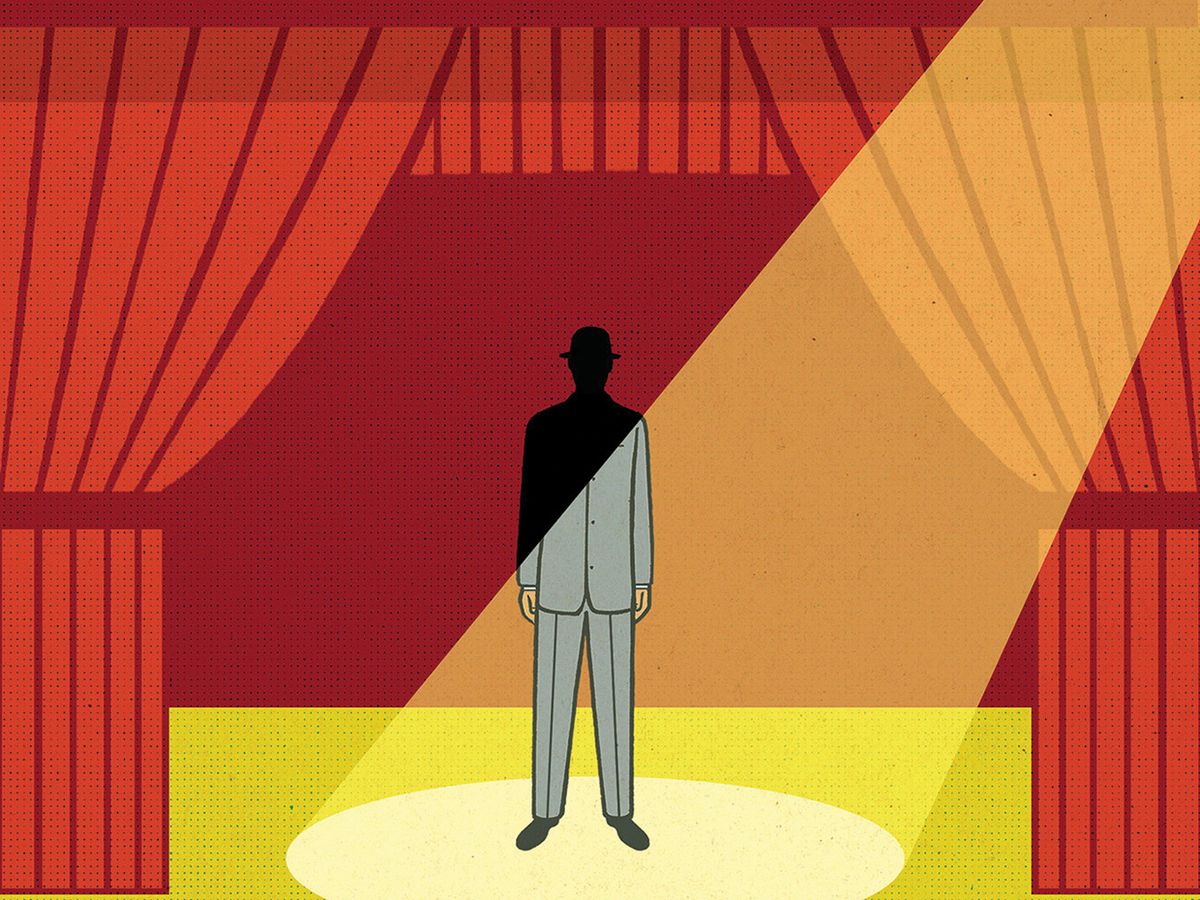
Everyone knows the great electrical inventors of the past, such as Alexander Graham Bell of the telephone, Marconi of the radio, and Edison of the incandescent light. But few know who invented the transistor, laser, integrated circuit, optical fiber, stored-program computer, GPS, or Internet. Yet these are probably the most significant inventions of the last century, and I wonder: Why this disparity?
Perhaps it is because the world of the past was a simpler place and there was magic in the air. I remember, when I was a child, my mother telling me about the thrill she felt in first hearing a voice emanate from a radio, first speaking on a telephone, and the first time she saw an airplane fly over her farm in Virginia. They were seen as miracles, and accepted as such. In a relatively empty, largely agrarian world, these magical inventions had enormous impact, and even before they were widely adopted, it was understood almost immediately what they did and, to some degree, how they would be used.
In contrast, the world today is a busy, connected place. Magic has been replaced by science and technology. Inventions are numerous, seemingly incremental, and mostly taken for granted. My grandchildren are not going to ask me what it was like to use the first transistor. It’s a meaningless question. Even engineers initially viewed the transistor as a simple replacement for the vacuum tube, while the laser was generally believed to be a glorified flashlight. No one remembers the first time they used the Internet or GPS; they just evolved. There was no initial flash of discovery.
And unlike Bell, Marconi, and Edison, none of the inventors of these new technologies started out an amateur. They were all highly trained engineers and scientists, often working in teams supported by government research grants or corporate research labs and churned out all over the world in universities running degree programs that didn’t even exist in the early 20th century.
Moreover, today’s inventions are rarely credited to single individuals. All of the recent inventions that I cited above involved multiple creators. Three people were given the Nobel Prize for the transistor (Shockley, Bardeen, and Brattain) and three for the laser (Townes, Basov, and Prokhorov). Four were given the Draper Prize for the creation of the Internet (Cerf, Kahn, Kleinrock, and Roberts). Of course, even in the past, the provenance of inventions was a tangled affair, but it was a question of which of several competing individual inventors should receive credit.
While our current inventors have received much well-deserved recognition and awards within their industries, they have not become celebrities. I suspect that even many engineers would not know their names. On the other hand, we all know the names of Gates, Jobs, Zuckerberg, Musk, and Bezos. Their accomplishments are not in the mold of yesterday’s famous inventors, but their social and commercial innovations are the hallmark inventions we now celebrate.
On reflection, I think that this lack of celebrity for our esteemed electrical pioneers of today may not be a bad thing. Instead of concentrating all the acclaim on a few individuals, we engineers and scientists can all feel a shared pride in the accomplishments of our professions. We have, indeed, changed the world.
